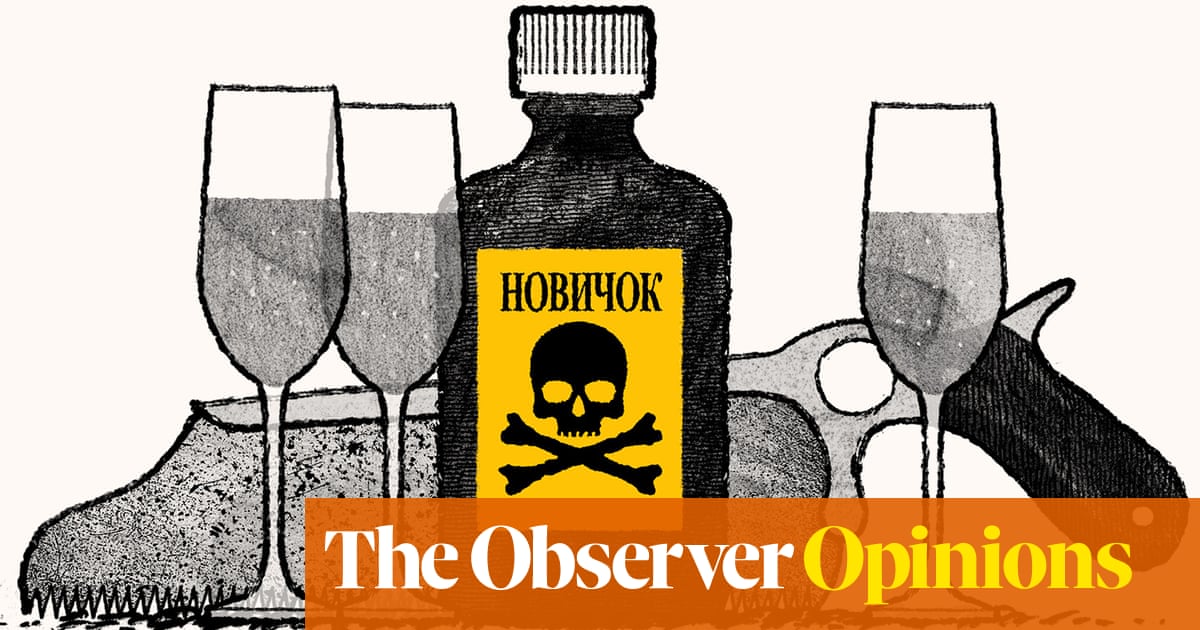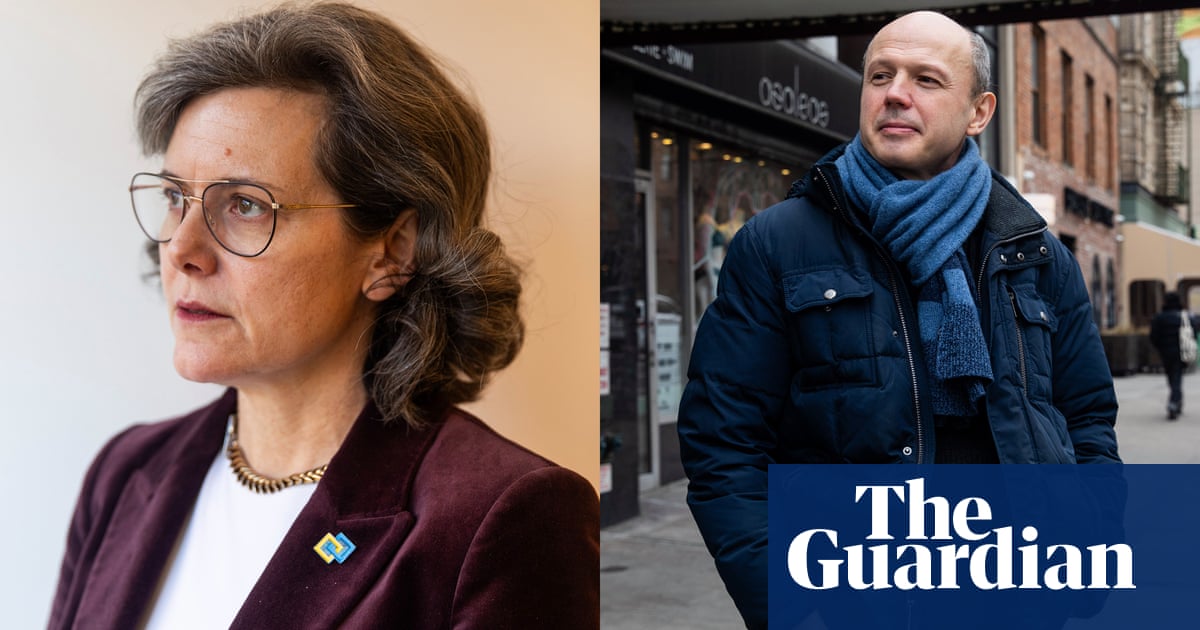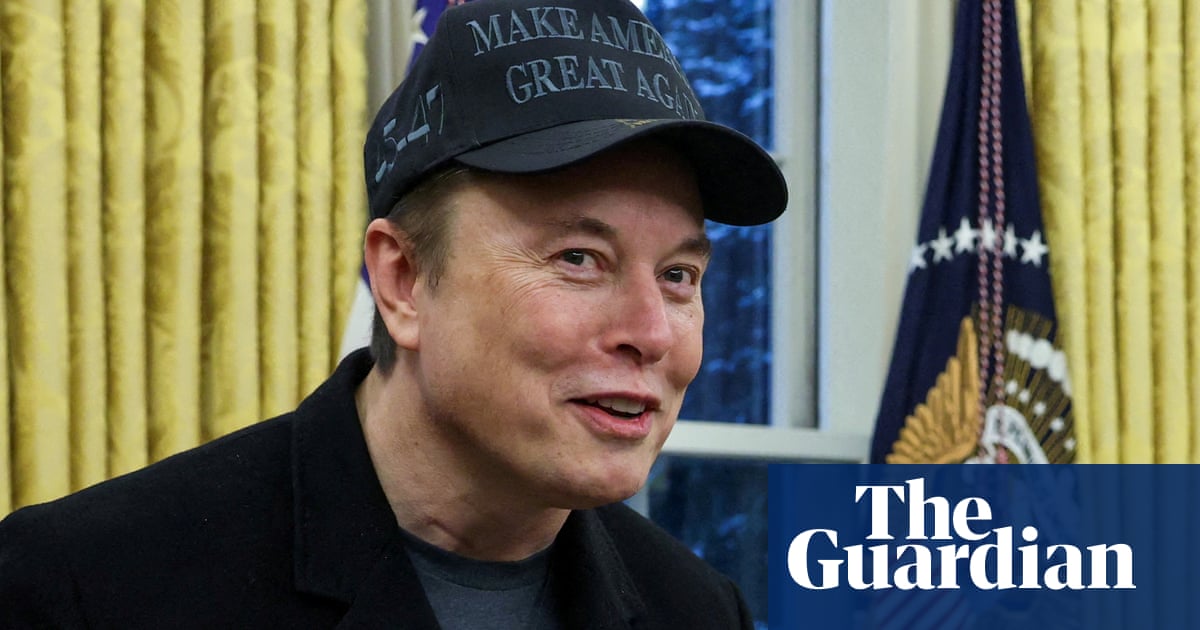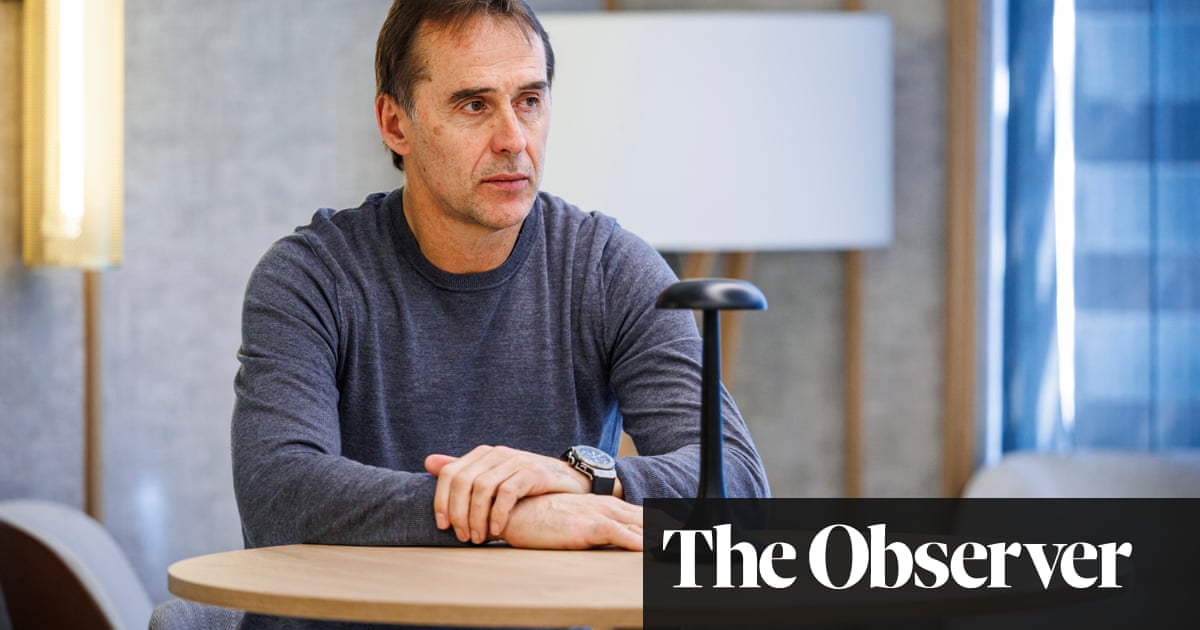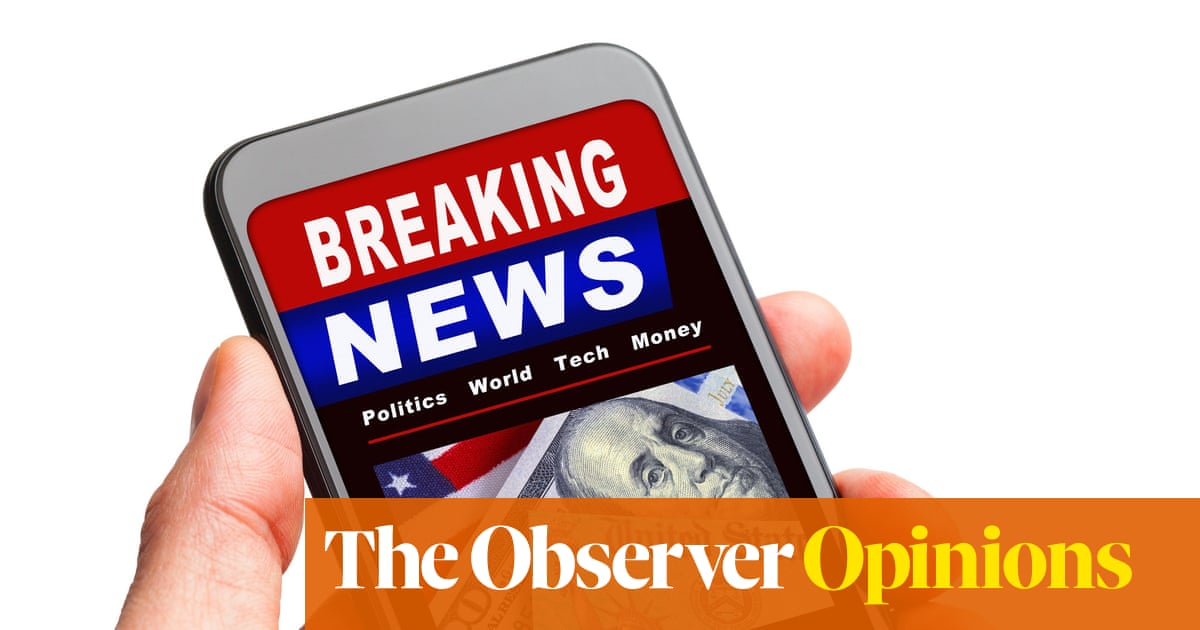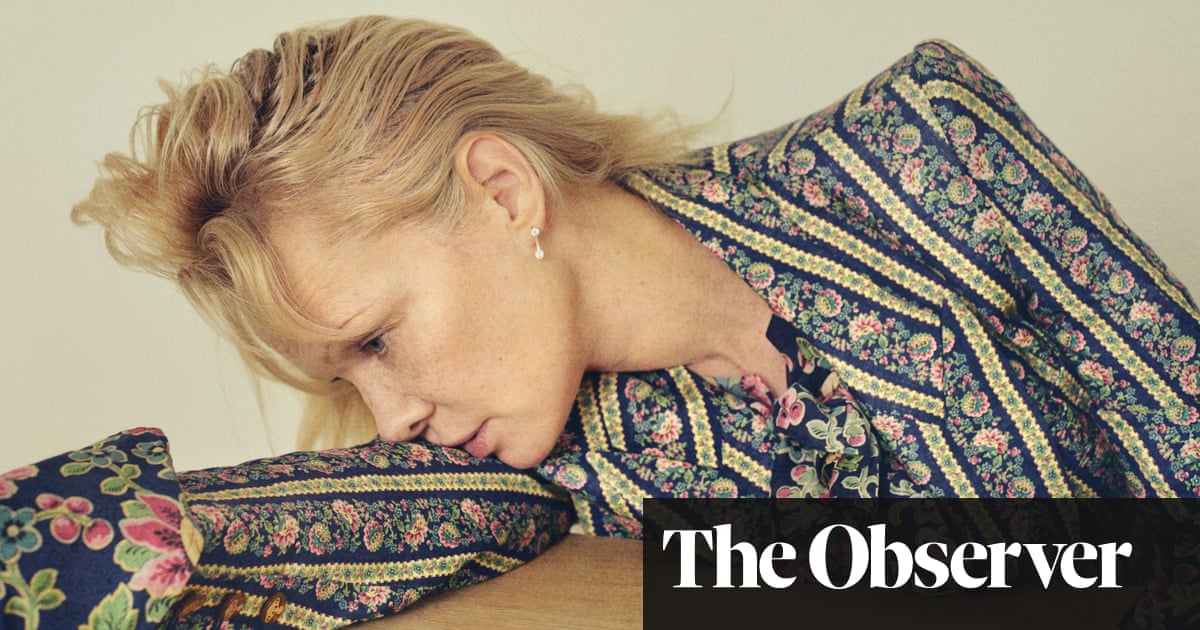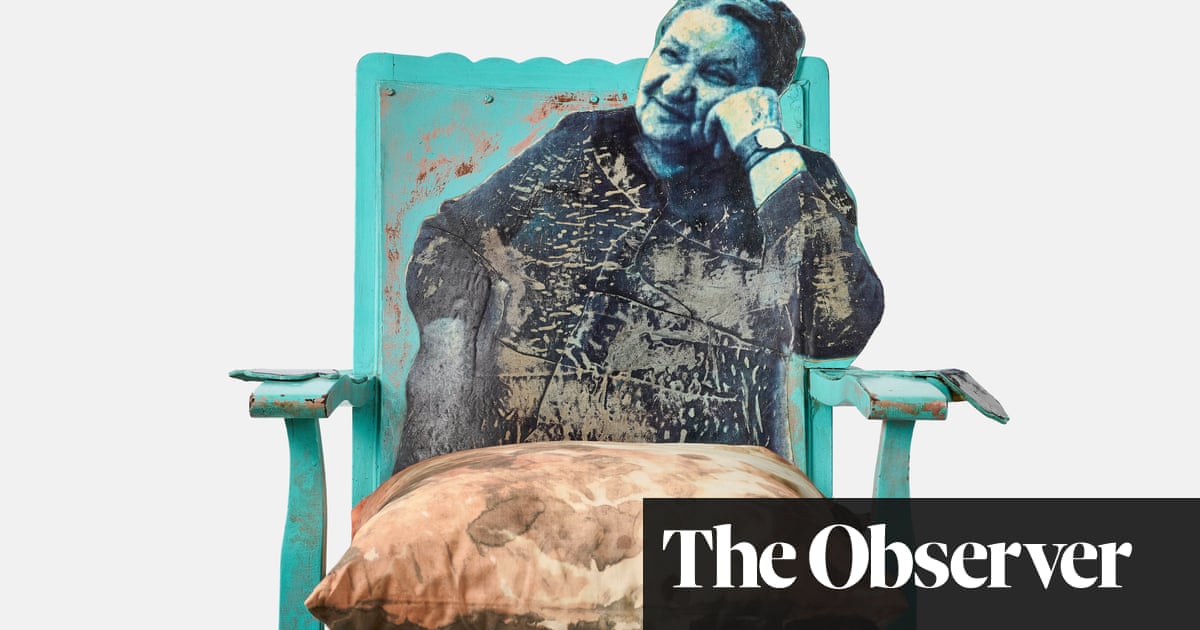If journalists visit Mansfield at all these days, they come for one thing: the cliches. They want the market town where 70% backed Brexit, the “red wall” seat that booted out its Labour MP in 2017 for a private-school boy who called for the poor to be sterilised. They want colliery brass bands, Nigel Farage’s beery grin and vox pops about stopping the boats. And they’re not alone. For social scientists and thinktankers, Mansfield and its ring of former mining villages make up a petri dish of “left-behind” England, of isolation and anger and impoverishment. They’re part of that other England, which performs the same role in our politics as the corrections and clarifications column in a daily broadsheet, sweeping up stray mishaps and howlers so as to reassure readers that the rest is true. Yes, there are losers in the Britain of the 2020s – many, many losers – but the model works.
Even as the mines closed and the factories shut, Margaret Thatcher as good as guaranteed a jobs boom was on its way. When none came, Tony Blair pledged regeneration. Just outside Mansfield, the New Labour government ploughed £38m of taxpayer money into an old coalmine to attract a buyer. After a company bought the site, the regional development agency was jubilant. It put out a press release promising the new owner would “create up to 2,500 jobs – more than existed at the time when [the] colliery was operating at full capacity”.
The new owner was Sports Direct, and its Shirebrook site created some of Britain’s worst jobs. In 2015, Locals called it “the gulag”; MPs ruled staff were “not treated as humans”. Terrified of missing her shift, one employee gave birth in a warehouse toilet, severing the umbilical cord with a box cutter.
Daubed across the front pages and decried in Westminster, it was the kind of scandal from which you might think no business could, or should, recover. Yet nearly 10 years later, Sports Direct billionaire Mike Ashley is even richer, and the Shirebrook complex is booming. I stood outside as the shifts changed just after 2pm and burly men ran past to clock in on time. To clear the site security, they carried little handbags of see-through plastic, containing plastic boxes and bottles, so complete strangers could make out everything they would eat and drink.

Streaming out were those who’d been in since before dawn. The main warehouse at Shirebrook is as long as 13 Olympic swimming pools laid end to end, and it took at least a quarter of an hour for the entire shift to file past the guards and across the little metal footbridge. Perhaps only outside factories in China have I seen so many company workers all at once. These people were black, brown, eastern European and they chatted and laughed under the grey lid of sky, the first direct daylight they’d had. At most, I heard a couple of snatches of English; I caught far more Hindi and what I thought was Tamil.
These are people you rarely get to see or hear from in the media. My trade has spent most of the past decade composing sepia-tinged portraits of the industrial working class, now safely shrunken and supposedly defanged of any residual leftism. It has spent almost no time on the post-industrial working class: the warehouse workers, the couriers, the hospital porters and cleaners. Politicians now treat “white working class” as an ethnic identity, while ministers tie themselves up in knots to define a “working person”.
Perhaps they should talk to Karolina Sobczak. In 2016, as MPs investigated Mike Ashley, she started work at Shirebrook. She’d arrived from Gdynia in northern Poland to join her husband and after a year at Sports Direct, she did other odd jobs. Anything to earn a foothold in Britain. Then in 2020, another massive warehouse opened up: Amazon, just outside Mansfield. This site also benefited from tens of millions in public funding, to lay the A-roads that eased the transport of goods. As the Common Wealth thinktank notes, in a report shared exclusively with this paper: “Towns like Mansfield were not ‘left behind’ but actively remade through … enterprise zones, land sell-offs and financial perks for large businesses, most of which offered only low-paid, insecure work.”
Karolina was among the first employees at the new warehouse. The shifts were long and the work was repetitive, but she’d handled that before. The problems emerged elsewhere.
She started at Amazon with a few small health conditions, among them back pain, but it was only mild and barely bothered the twentysomething. The relentless handling of heavy boxes made her back worse and began to give her shooting pains down her wrists. Amazon’s in-house communications talk a lot about inclusivity, and its occupational health team advised over and over that she should lay off the bulkier material for a while – but she reports her managers said they could not adjust the workload.
I have seen years’ worth of occupational health reports from Amazon’s consultants and put together they document Karolina’s decline. Early on, assessors describe her as “fit for work”, but later they note “she is in agony” and “uses a cane” to walk. She was getting panic attacks and there are notes of “severe depression” and “severe anxiety”. At the same time, Karolina says, NHS doctors were asking her to cut hours at Amazon or leave altogether. Her response was always the same: she couldn’t afford to quit. Rather than take time away from her station to go to the loo, which she says Amazon classes as “idle time”, Karolina got used to holding it in. Her body couldn’t always tell when she really needed to urinate, and so she’d wet herself. This happened at work, where she had to inform the manager in order to go home and change. “That was the greatest humiliation,” she says.
This summer, Karolina’s GP signed her off sick for weeks in which she barely left the house. When she returned, she says Amazon managers barely acknowledged her. A fortnight later, she went off on leave. At home, she stabbed herself in the thigh and took every beta blocker she had. “I wanted to stop my heart beating,” she says. An ambulance rushed her to the hospital just opposite the warehouse. She still came back to work the next week: she couldn’t afford not to.
I put a number of detailed questions to Amazon and received a statement that read in part: “The safety and wellbeing of our people is always our priority. Working in a fulfilment centre is physical work that might not be right for everyone. But … if you want to work in a warehouse, you’ll want to work at Amazon.”
Generations ago, even as miners did jobs that could and did kill them, governments admitted they were essential to Britain’s future. George Orwell famously admired their “noble bodies”. No such respect is accorded to the likes of Karolina, even as they pack our Black Friday shopping.
More than a quarter-century after Blair became prime minister, Britain has another Labour prime minister who promises growth and jobs and multi-billion investors. The same big commitments will almost certainly lead to the same disillusionment. Sacha Hihorst, who wrote the Common Wealth report based on her PhD research, observes that Mansfield residents will certainly complain about migration – but that only lasts a minute or so: “The people they really hate are politicians.”
Karolina left Amazon last week after four years that have taken a severe toll on her health. Her trade union, the GMB, is starting tribunal proceedings on her behalf. Now 31, she says: “I have the back of a 60-year-old.” To put her Ford Focus in reverse requires both hands on the gearstick, and friends have to help her open bottles of water.
In those same four years, Jeff Bezos, the founder of Amazon, has seen his wealth grow an estimated 49%. He is estimated to be worth $218bn (£172bn). What does Karolina think about the different path her life has taken from the tycoon she worked for? “Please don’t ask me that question,” she says. “I can’t think about it.”
-
In the UK and Ireland, Samaritans can be contacted on freephone 116 123, or email [email protected] or [email protected]. In the US, you can call or text the National Suicide Prevention Lifeline on 988, chat on 988lifeline.org, or text HOME to 741741 to connect with a crisis counselor. In Australia, the crisis support service Lifeline is 13 11 14. Other international helplines can be found at befrienders.org
-
Aditya Chakrabortty is a Guardian columnist

 3 months ago
65
3 months ago
65
